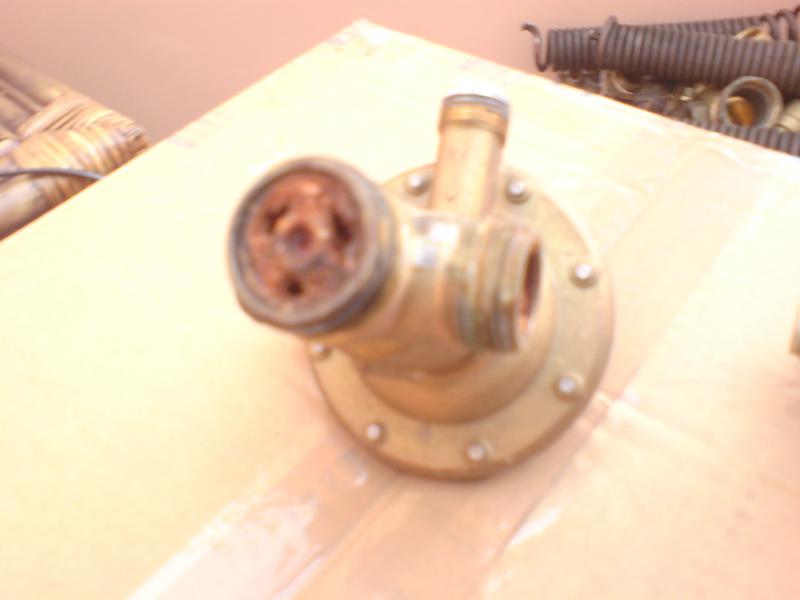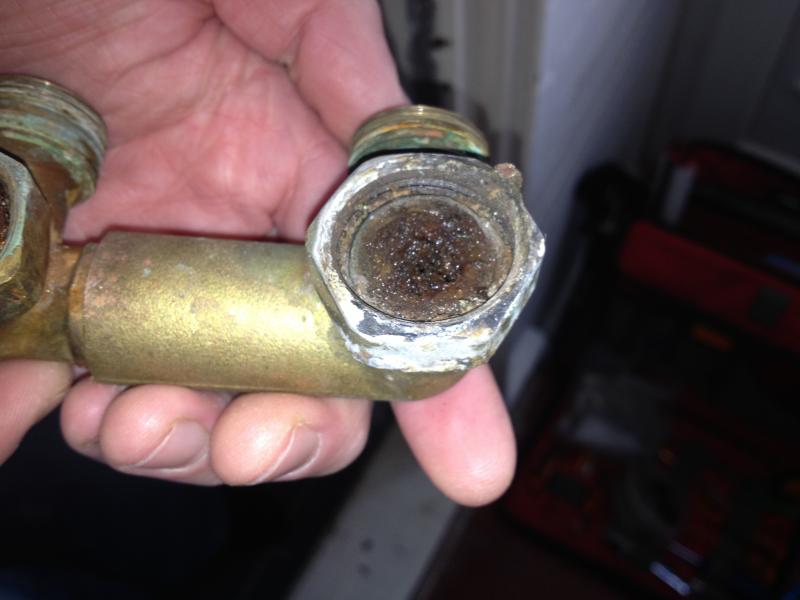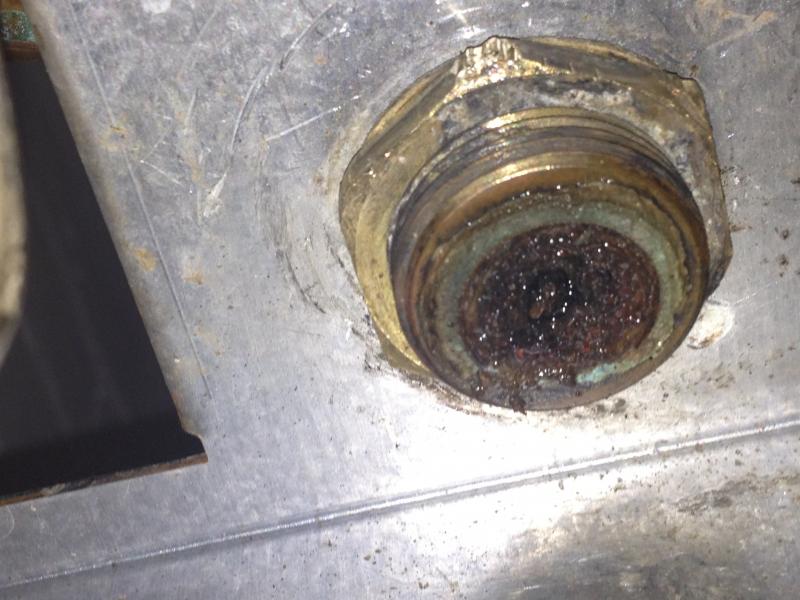TBH, I was expecting much adverse reaction to my post than this  . I have been hesitant to post it, but I really wanted to share my personal experience.
. I have been hesitant to post it, but I really wanted to share my personal experience.
I do not advocate that you do not need power flushes, or other addatives, naturally they are designed to help protect your installation and appliance
But in my case I must have been terribly lucky! not once but twice and so if I chose to replace my 2nd boiler in 37 years time, perhaphs this time I might run a water hose through all my pipe work, remove my rads and clean any sludge and refit them, I would say it is about time now that I did that in order to make the 3rd appliance last another 20 years!
Recently bought two brand new tyres for my car for 90 quid each, price included wheel balancing and new nipples, after putting the wheels back on the front axial of the car, the fitter asked if I needed tracking done, I hesitated then asked how much would that be? he said 25 quid, we use top class laser tracking, best money can buy!
I said No Thanks, I do not have any problem with my tracking! he then said we would not then guarantee the tyres if they develop uneven wear, and I said Ok thats fine, why should my car develop an uneven wear when its tracking is perfect, i.e. it does not pull to one side or the other, the older tyres wore evenly!
I saved myself some money and avoided getting stuffed another product/service down my throat that was not going to be necessary!
I do not advocate that you do not need power flushes, or other addatives, naturally they are designed to help protect your installation and appliance
But in my case I must have been terribly lucky! not once but twice and so if I chose to replace my 2nd boiler in 37 years time, perhaphs this time I might run a water hose through all my pipe work, remove my rads and clean any sludge and refit them, I would say it is about time now that I did that in order to make the 3rd appliance last another 20 years!
Recently bought two brand new tyres for my car for 90 quid each, price included wheel balancing and new nipples, after putting the wheels back on the front axial of the car, the fitter asked if I needed tracking done, I hesitated then asked how much would that be? he said 25 quid, we use top class laser tracking, best money can buy!
I said No Thanks, I do not have any problem with my tracking! he then said we would not then guarantee the tyres if they develop uneven wear, and I said Ok thats fine, why should my car develop an uneven wear when its tracking is perfect, i.e. it does not pull to one side or the other, the older tyres wore evenly!
I saved myself some money and avoided getting stuffed another product/service down my throat that was not going to be necessary!






